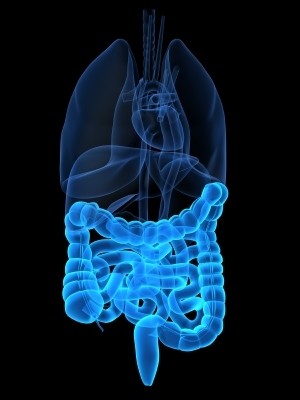Health Canada approves cholesterol-lowering claim for mono and polyunsaturated fats

High levels of LDL (low-density lipoprotein, or so-called ‘bad’ cholesterol) are considered a risk factor for heart disease. In research submitted to Health Canada in support of the new claim, replacement of saturated fat with unsaturated fats reduced LDL cholesterol by 0.4% to 2.8% for every gram of fat that was replaced.
“This reduction is significant because the literature shows that a 1% drop in cholesterol reduces the risk of heart disease by approximately 2%,” said Dr. David Ma, a professor in the Department of Human Health and Nutritional Sciences at the University of Guelph, and chief scientific advisor for the health claim application.
“Furthermore, the effects of the substitution of dietary unsaturated fatty acids for saturated fatty acids appear to be both achievable in a timely manner and sustainable. In studies reviewed, benefits to individuals appear after just two and a half weeks of dietary intervention.”
The Vegetable Oil Industry of Canada (VOIC) has said it will use the claim on packaging to communicate with consumers, alongside a new logo (pictured) developed by the trade group.
Ma said that Health Canada has previously recommended that Canadians reduce their saturated fat intake, but had not given guidance on alternatives.
“It is certainly not a radical health claim in any regard, but it fills an important void,” Ma said. “It provides an educational message regarding what to consume as opposed to what not to consume.”
The claim was first proposed three years ago, and is the ninth claim to be approved by Health Canada, since its health claims process was formalized in 2003.
VOIC is a non-profit industry group that represents 70,000 Canadian oilseed growers, seed developers, oilseed processors, and fats and oils suppliers.
VOIC president Sean McPhee said in a statement: “We are pleased that Health Canada supports the vegetable oil industry in providing consumers with this important positive direction on what dietary fats they should be eating to reduce cholesterol levels.”
















